光伏测试实验室Kiwa PVEL和Kiwa PI Berlin合作撰写了一份白皮书,概述了如何使用测试和检查来提高太阳能组件的耐用性和长期性能。
白皮书“提高标准:定义光伏组件质量的可接受水平”,通过扩展可靠性产品认证计划(PQP)测试、装运前检验(PSI)、批量测试和持续可靠性监测(ORM),为评估太阳能组件质量制定了标准。报告指出,这些指标“为确保光伏组件达到最高质量和可靠性标准提供了一个全面的框架”。
该白皮书包括Kiwa PVEL基于过去几年通过该计划看到的一系列测试结果的PQP验收阈值指南。该指南通过PQP测试,指导用户区分“完全通过”、“有条件通过”和“完全失败”的标准。
“我们利用过去几年的PQP数据,为行业明确了哪些测试结果应该被认为是可接受的,” Kiwa PVEL销售和营销副总裁Tristan Erion-Lorico说,“这是Kiwa PVEL首次公开提供这一指导,这必将带来更加可靠的光伏组件设计和材料选择。”
白皮书还涵盖了PSI,并透露,在被分析的774批太阳能组件中,只有76批通过了无缺陷检查。
Kiwa PI Berlin的分析发现,电致发光缺陷是最常见的问题,主要是由于微裂纹、焊接薄弱、电池污染、手指中断和电池短路造成的。框架缺陷是第二个最常观察到的问题。
白皮书还提供了使用批量测试和ORM评估不同生产阶段和批量规模的光伏模块的建议,概述了两个度量标准的测试协议、频率和接受阈值。
“这份白皮书强调了组件采购的关键方面,并展示了我们在推动行业达到更高质量水平方面的承诺,”Kiwa PI Berlin北美区总经理Terry Jester说,“我们相信,我们的最新指南将有助于推动太阳能产业的发展,并保护全球可再生能源投资。”
Kiwa PVEL和Kiwa PI Berlin今年早些时候在Kiwa品牌下合并。该消息发布后,Kiwa PVEL发布了第10版光伏组件可靠性记分卡。
This content is protected by copyright and may not be reused. If you want to cooperate with us and would like to reuse some of our content, please contact: editors@pv-magazine.com.
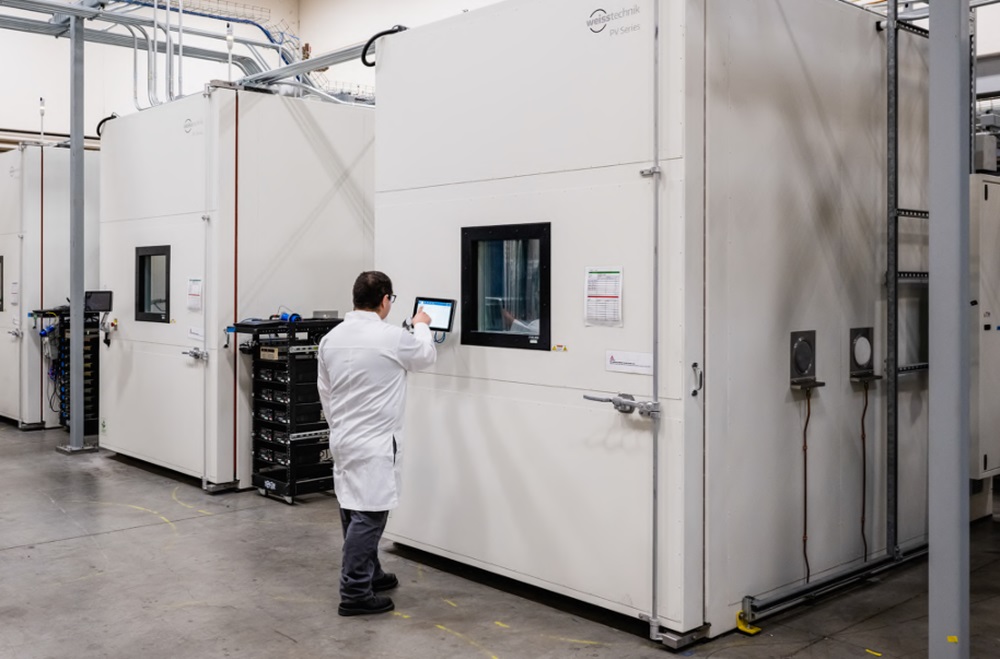



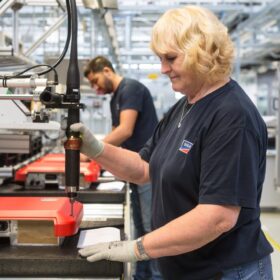

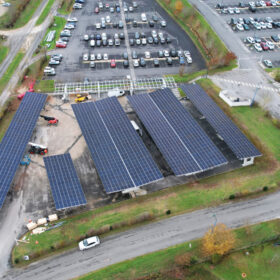
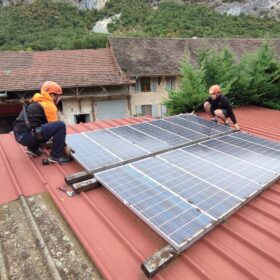


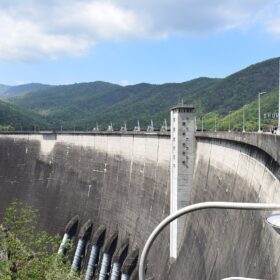


By submitting this form you agree to pv magazine using your data for the purposes of publishing your comment.
Your personal data will only be disclosed or otherwise transmitted to third parties for the purposes of spam filtering or if this is necessary for technical maintenance of the website. Any other transfer to third parties will not take place unless this is justified on the basis of applicable data protection regulations or if pv magazine is legally obliged to do so.
You may revoke this consent at any time with effect for the future, in which case your personal data will be deleted immediately. Otherwise, your data will be deleted if pv magazine has processed your request or the purpose of data storage is fulfilled.
Further information on data privacy can be found in our Data Protection Policy.